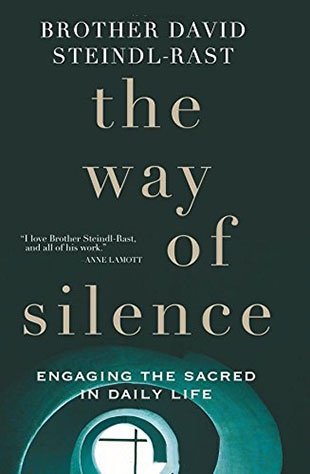"When someone asks me about my personal relationship to God, my first spontaneous reply is a question: What do you mean by God? For decades, I have been speaking about religion with people all over the world, and I have learned one thing from this experience: the word God ought to be used with utmost caution if we want to avoid misunderstandings. On the other hand, I find far-reaching agreement among human beings, once we reach that mystical core from which all religious traditions spring. Even those who cannot identify themselves with any organized religion are often deeply rooted in mystical experiences. This is where I find my own reference point for the meaning of the term God. It needs to be anchored in that mystical awareness upon which all humans agree before they start talking about it.
"In my best, my most alive moments — in my mystical moments, if you want — I have a profound sense of belonging. At those moments, I am aware of being truly at home in this universe. I know that I am not an orphan here. There is no longer any doubt in my mind that I belong to this Earth Household, in which each member belongs to all others — bugs to beavers, black-eyed susans to black holes, quarks to quails, lightning to fireflies, humans to hyenas and humus. To say 'yes' to this limitless mutual belonging is love. When I speak of God, I mean this kind of love, this great 'yes' to belonging. I experience this love at one and the same time as God's 'yes' to all that exists (and to me personally) and as my own little 'yes' to it all. In saying this 'yes' I realize God's very life and love within myself.
"But there is more to this 'yes' of love than a sense of belonging. There is always also a deep longing. Who has not experienced in love both the longing and the belonging? Paradoxically, these two heighten each other's intensity. The more intimately we belong, the more we long to belong every more fully. Longing adds a dynamic aspect to our 'yes' of love. The fervor of our longing becomes the expression and the very measure of our belonging. Nothing is static here. Everything is in motion with a dynamism that is, moreover, deeply personal.
"Where love is genuine, belonging is always mutual. The beloved belongs to the lover, as the lover belongs to the beloved. I belong to this universe and to the divine 'Yes' that is its Source, and this belonging is also mutual. This is why I can say 'my God' — not in a possessive sense, but in the sense of a loving relatedness. Now, if my deepest belonging is mutual, could my most fervent longing be mutual, too? It must be so. Staggering though it is, what I experience as my longing for God is God's longing for me. One cannot have a personal relationship with an impersonal force. True, I must not project on God the limitations of a person; yet, the Divine Source must have all the perfections of personhood. Where else would I have gotten them?
"It makes sense, then, to speak of a personal relationship with "God. We are aware of this — dimly at least — in moments in which we are most wakeful, most alive, most truly human. And we can cultivate this relationship by cultivating wakefulness, by living our human life to the full."
